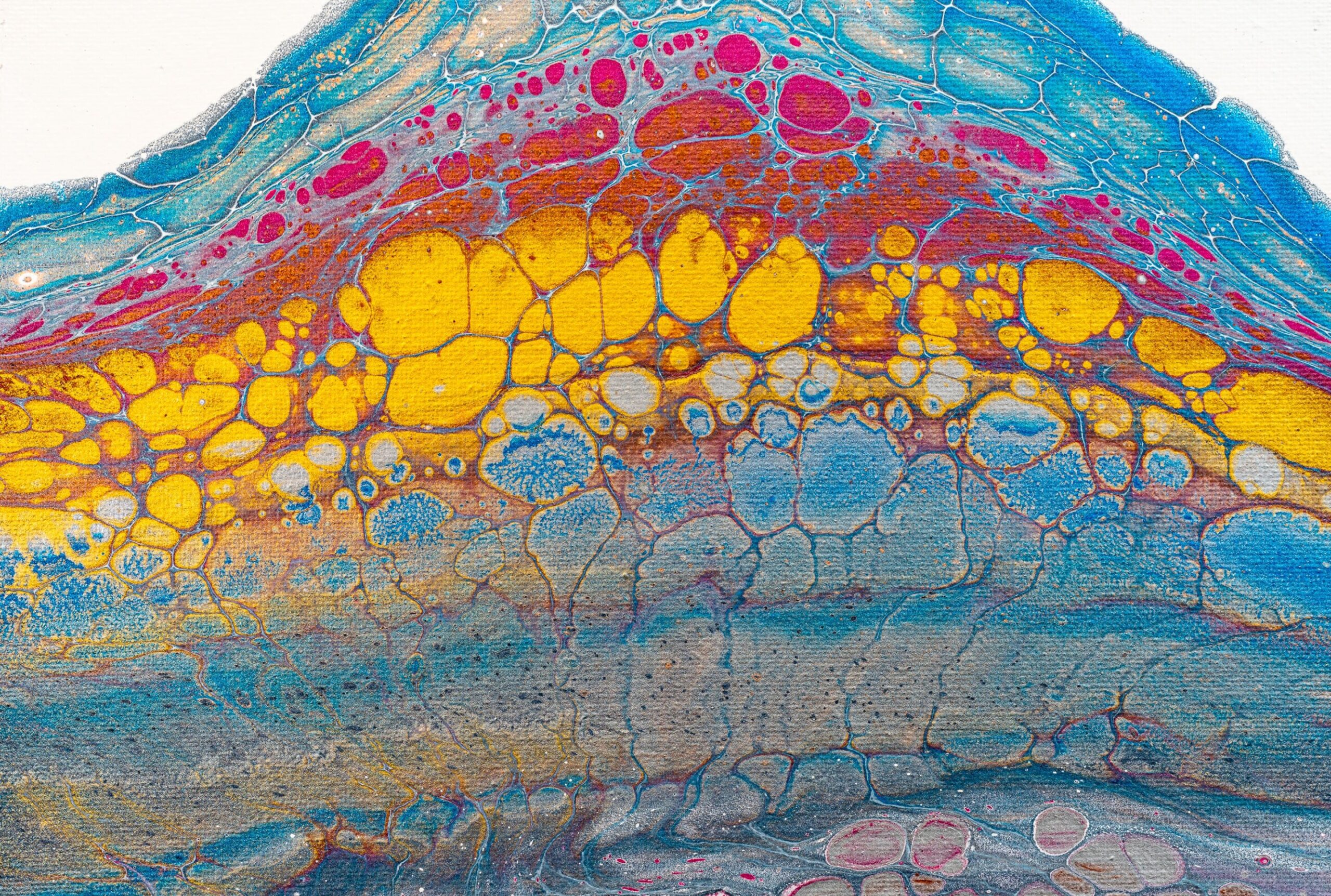A university research paper published in Nature Cancer provides new insights into the role of efferocytosis in pancreatic cancer metastasis to the liver. University of Liverpool researchers found high levels of immunosuppressive macrophages in PDAC metastases and were able to block this pathway, which improved T cell activation and reduced tumor burden. The study used single-cell technologies to identify that the engulfment of dead cells reprograms macrophages in the liver towards an immunosuppressive phenotype. This discovery is significant because it reveals a targetable mechanism for pancreatic cancer cells spreading and growing in the liver, promising hope for developing effective therapies for pancreatic cancer patients with liver metastasis.
Source link
Promising new therapeutic approach for treating metastatic pancreatic cancer
